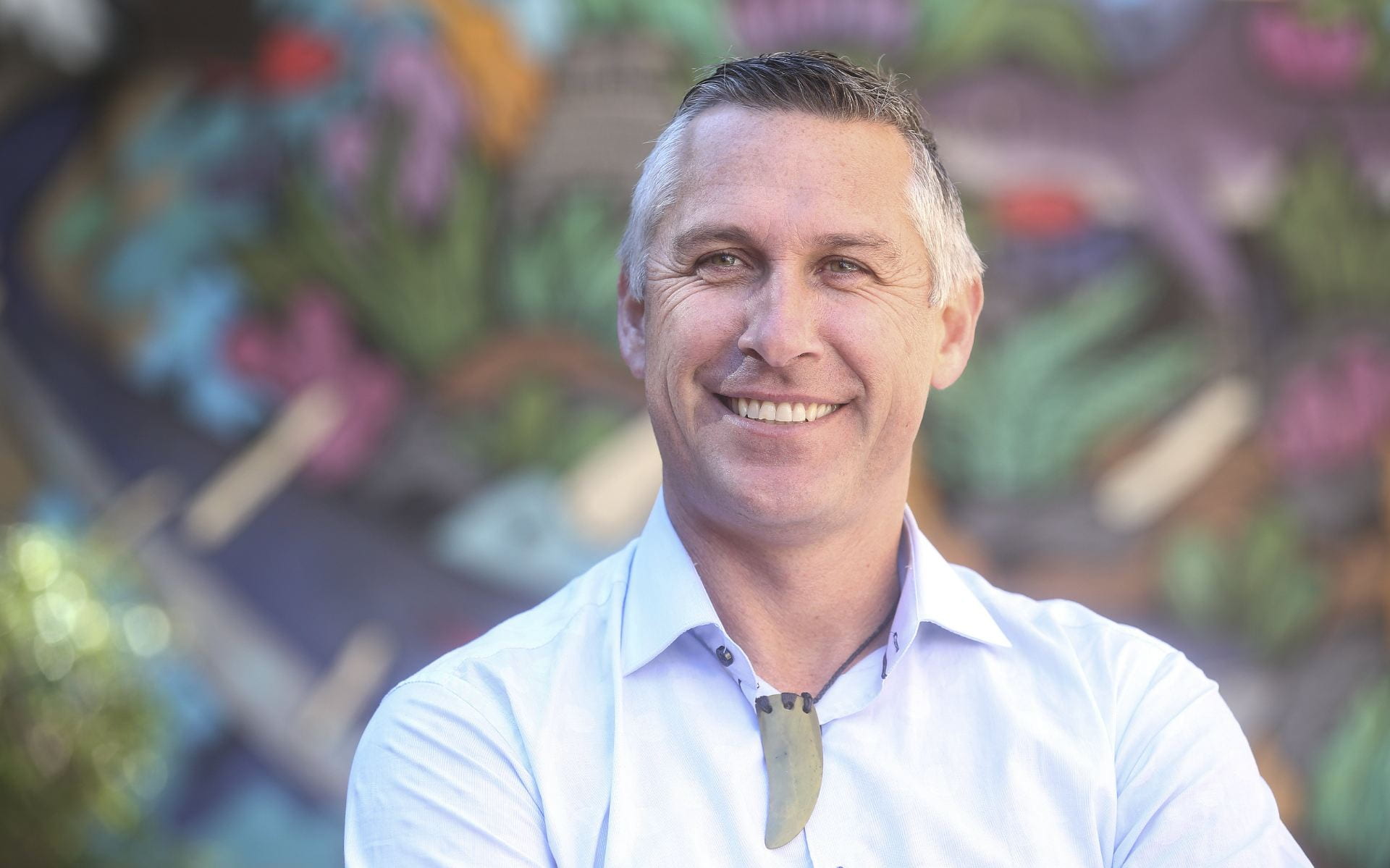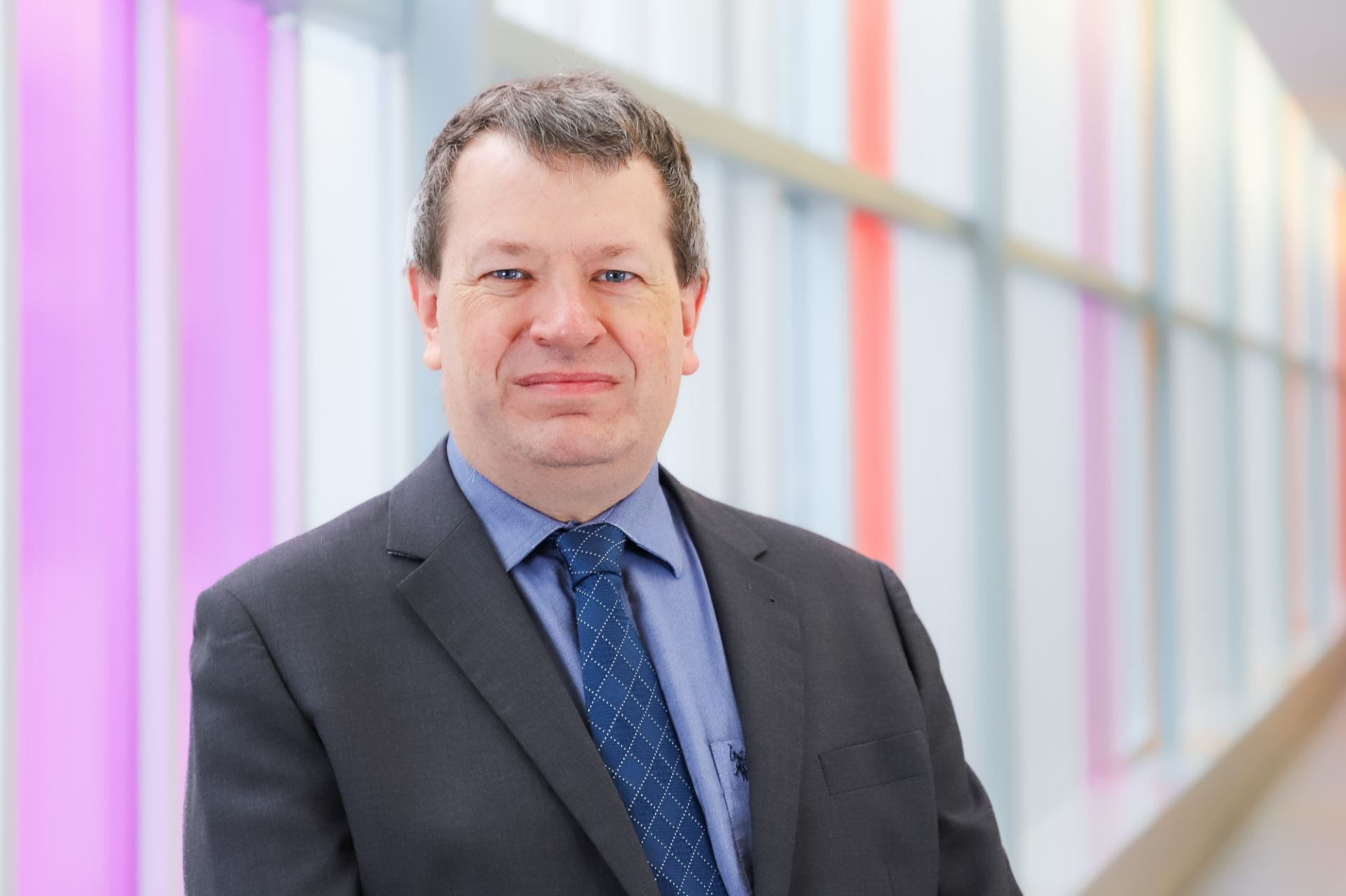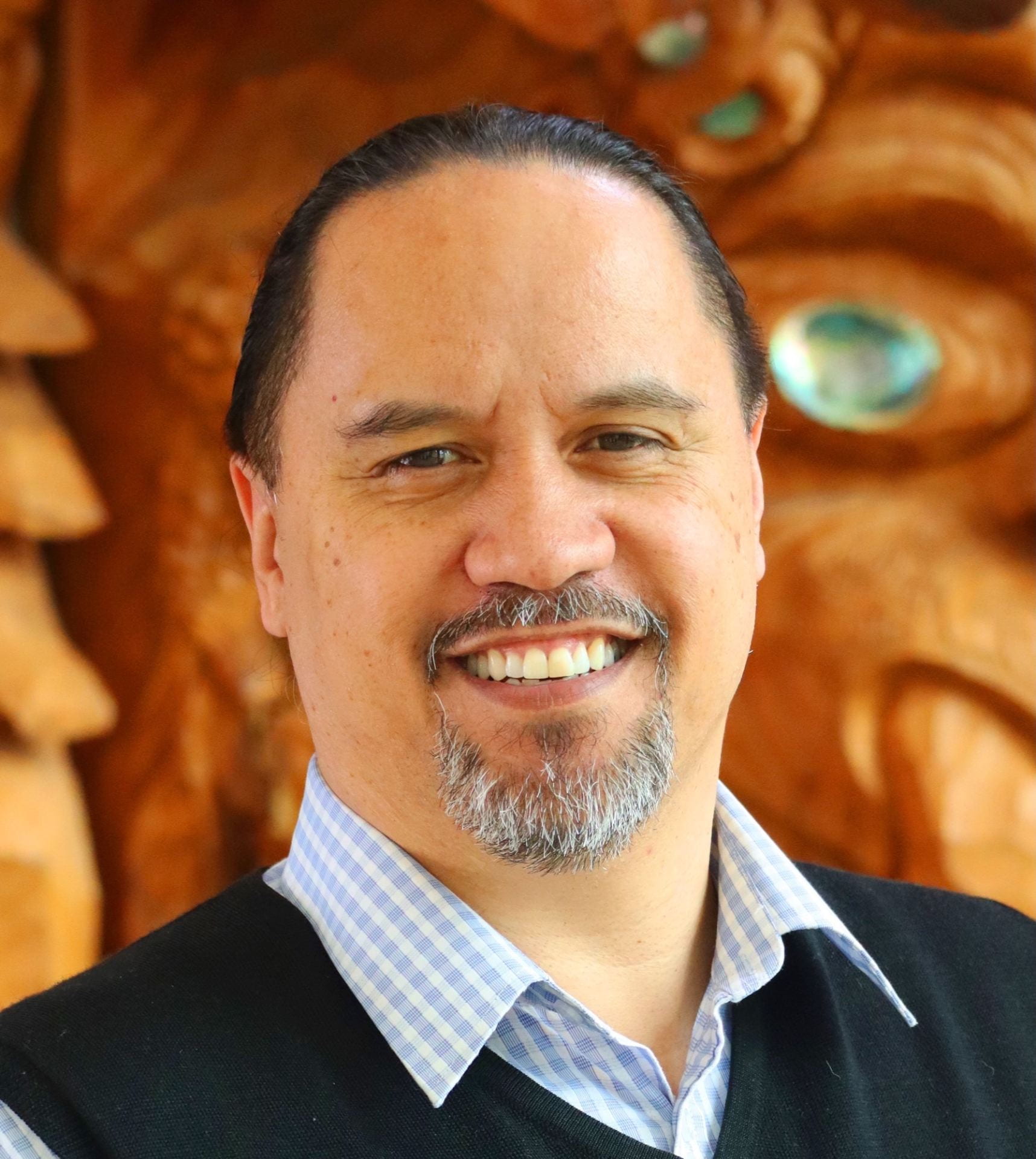Keynote Speakers
Libby Liggins and Maui Hudson
Data Equity: Addressing the meteoric rise in the importance of Digital Sequence Information
Keynote presentation on Wednesday, February 15

Libby Liggins
Libby Liggins is an Associate Professor at Massey University and a Research Associate of the Auckland Museum Tāmaki Paenga Hira. Libby’s research characterises the generation and erosion of biodiversity and she participates in several initiatives interested in the ethical stewardship and aggregation of required data. Libby is on the Scientific Committee of the World Data System, and the Steering Committee for the Genomic Observatories Metadatabase and the Group on Earth Observations Biodiversity Observation Network Genetic Composition Working Group. In Aotearoa, Libby is contributing to the development of the Aotearoa Genomic Data Repository, for which access to the genomic data is controlled by nominated kaitiaki.

Maui Hudson
Maui Hudson affiliates to Whakatōhea, Ngāruahine, and Ngā Puhi. He is an Associate Professor and Director of Te Kotahi Research Institute at the University of Waikato. He is a founding member of Te Mana Raraunga Maori Data Sovereignty Network and Global Indigenous Data Alliance, a co-author of the CARE Principles for Indigenous Data Governance, co-director of Local Contexts, and co-developer of the Biocultural Labels.
Wyeth Wasserman
The Silent Genomes Project: Construction of and Indigenous governance over an Indigenous genetic variation reference database for rare disease diagnosis in Canada
The Silent Genomes Project aims to establish Indigenous governance for and creation of a reference genetic variation database to support the equitable diagnosis of the causes of rare disorders for Indigenous patients in Canada. At present there are inequities in the capacity to diagnose Indigenous children in Canada with rare diseases. It can be unclear if observed genetic differences between an Indigenous patient and international reference databases of genetic variation reflect an absence of Indigenous participants in the reference data or a genetic cause of a patient’s disease. To address this inequity, the Silent Genomes Project pursues three technical aims shaped by an encompassing aim of Indigenous data and research governance. The three technical aims include: (Aim 2) the use of whole genome sequencing to diagnose Indigenous patients with rare disorders; (Aim 3) the creation of a reference Indigenous Background Variant Library (IBVL) reporting the frequency of genetic variants across the human genome for Indigenous participants; and (Aim 4) a health economics assessment of the impact (under multiple measures) of reference data on diagnosis. Aim 1 focuses on the development of Indigenous governance over the research and the data, which wraps around and within all other aims. The presentation will provide an overview of the Indigenous peoples of Canada, and will focus on Aims 1 and 3, highlighting how bioinformatics can be enabling to the process and implementation of governance models. The similarities and differences between the Silent Genomes Project and the Genomics Aotearoa Variome Project will be explored.
Keynote presentation on Thursday, February 16th

Wyeth W. Wasserman
Dr. Wasserman is a computational biologist with a research focus on the human genome. His research laboratory based at BC Children’s Hospital develops and applies computational methods, software and databases to gain insight in the functional roles of specific DNA sequences in the human genome. His lab assists in the discovery of genetic variation in patient genomes that cause rare genetic diseases. He co-leads the Silent Genomes Project to confront and overcome inequity in reference data for Indigenous children needing genetic diagnosis of rare disorders. From 2013-2021 Dr. Wasserman served as the head of research at BC Children’s Hospital, and he remains deeply committed to supporting the growth and success of pediatrics research, including the development of technology to empower patients with access to and control of their digital data. Dr. Wasserman was born and lives on the traditional lands of the Coast Salish peoples, now living and working within the unceded territories of the xʷməθkʷəy̓əm (Musqueam), Sḵwx̱wú7mesh (Squamish) and Sel̓íl̓witulh (Tsleil-Waututh) Nations. He is currently enjoying a sabbatical at the University of Otago.
Warren Williams
” Ka Kimi Mana Taurite i te Ao Matihiko” – “Finding equity in the digital world.”
This presentation will highlight the building of research capability, connectivity and equity within a Māori context. It will share experiences and aspirations that relate to Māori communities, research and Mātauranga Māori.
Keynote presentation on Friday, February 17th

Warren Williams
Dr Williams has extensive experience in IT, business and tertiary education spanning more than 25 years. He has held executive and senior management roles and is active in tribal and community-level groups. As the Chief Executive for 20/20 Trust, he is passionate about enabling and empowering people through education and technology. Digital inclusion programmes are the core of the 20/20 Trust service provision.
Keep up to date with us!
Contact Us
eresearchnzconference@auckland.ac.nz
